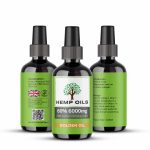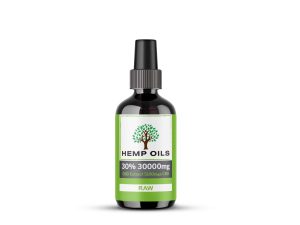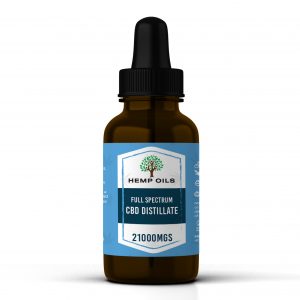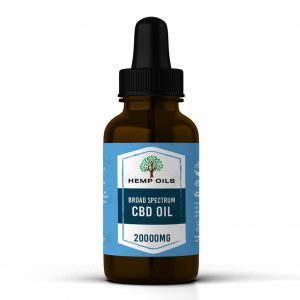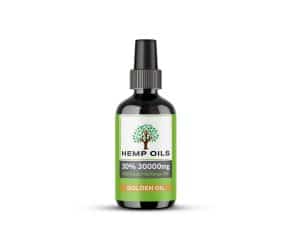CBD (cannabidiol) and hemp oil are two popular products derived from the cannabis plant. While they may seem similar, there are significant differences between the two. Understanding these differences is crucial for consumers looking to make informed choices about their use. In this article, we will delve into the dissimilarities between CBD and hemp oil, including their composition, extraction methods, practical applications, and legal considerations.
Understanding CBD and Hemp Oil
CBD oil is a concentrated liquid extract derived from the flowers, leaves, and stalks of the hemp plant. It contains high levels of cannabidiol, a non-psychoactive compound of cannabis with numerous potential health benefits. On the other hand, hemp oil, also known as hemp seed oil, is obtained by pressing hemp seeds. It does not contain significant levels of cannabinoids like CBD or THC (tetrahydrocannabinol), the psychoactive component of cannabis. Instead, hemp oil is rich in essential fatty acids, vitamins, and minerals.
Key Differences Between CBD and Hemp Oil
The primary distinction lies in their composition and therapeutic properties. CBD oil is known for its potential therapeutic effects, including anti-inflammatory, analgesic, and anxiolytic properties. It interacts with the endocannabinoid system in the body, regulating various physiological processes. Hemp oil, on the other hand, is primarily valued for its nutritional benefits due to its high content of omega-3 and omega-6 fatty acids, which are essential for overall health.
Composition and Extraction Method Variations
CBD oil is extracted using various methods, including CO2 extraction, which ensures a high concentration of CBD and minimal interference from other compounds. Full-spectrum CBD oil contains multiple cannabinoids, terpenes, and flavonoids, providing an entourage effect that enhances its therapeutic potential. Hemp oil, conversely, is extracted through cold pressing, a simple method that retains its nutritional value while removing cannabinoids. As a result, it lacks the same therapeutic effects as CBD oil.
Practical Applications and Legal Considerations
CBD oil is commonly used as a natural supplement to potentially alleviate a range of conditions such as chronic pain, anxiety, and epilepsy. Its legality varies worldwide, with some countries strictly regulating its use due to its association with cannabis. Hemp oil, however, is widely available and commonly used in cooking, skincare products, and as a nutritional supplement due to its rich nutritional profile. It is legal in most countries since it does not contain significant amounts of CBD or THC.
In conclusion, while CBD oil and hemp oil are both derived from the cannabis plant, they have noteworthy differences. CBD oil is prized for its potential therapeutic effects due to its high concentration of cannabidiol, while hemp oil is valued for its nutritional properties. The extraction methods used and their resulting compositions contribute to the contrasting benefits each product offers. Understanding these distinctions is vital for consumers seeking to make informed decisions about incorporating these products into their wellness routines.
